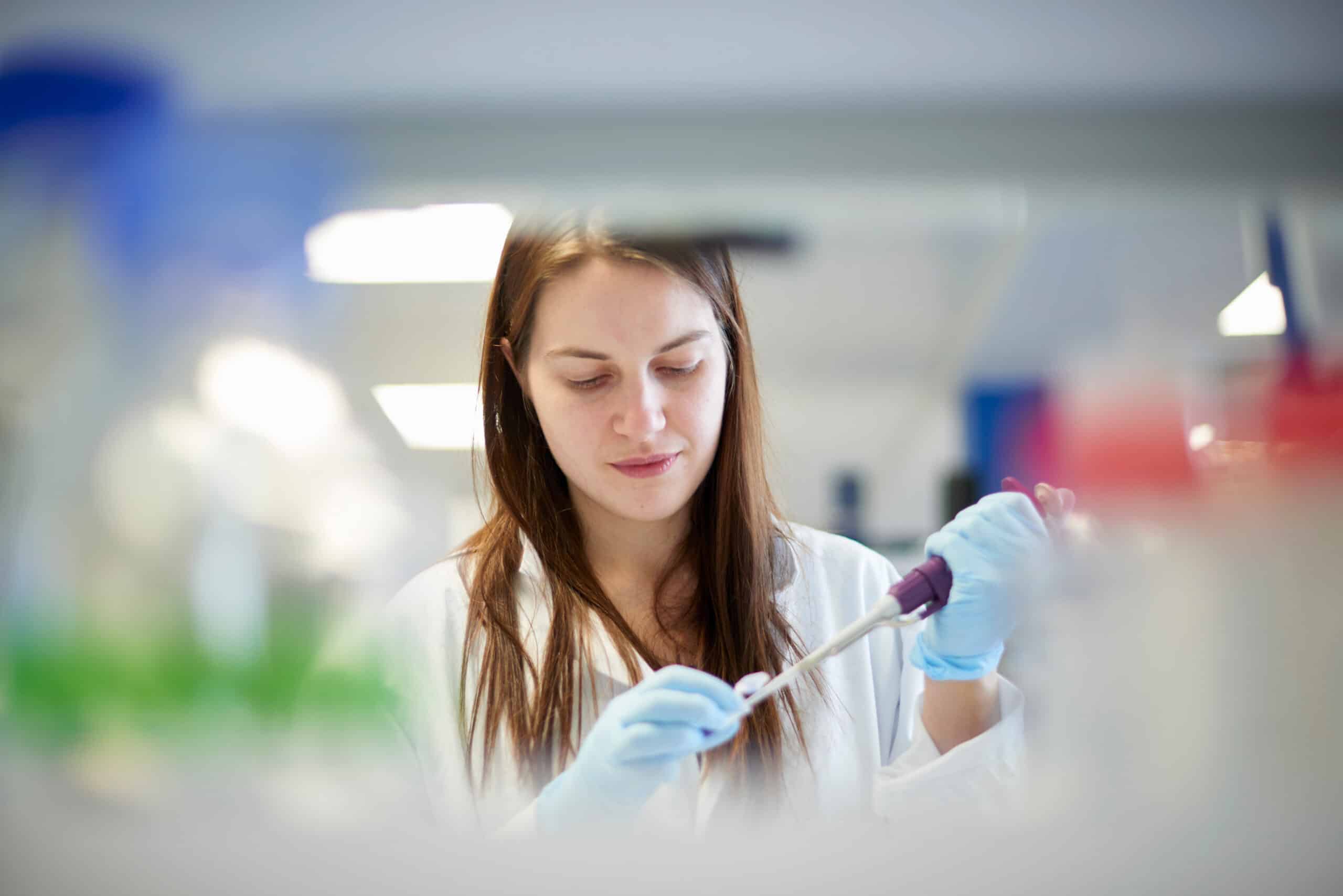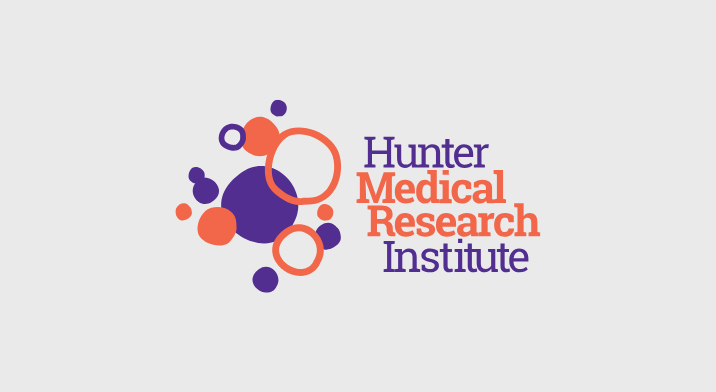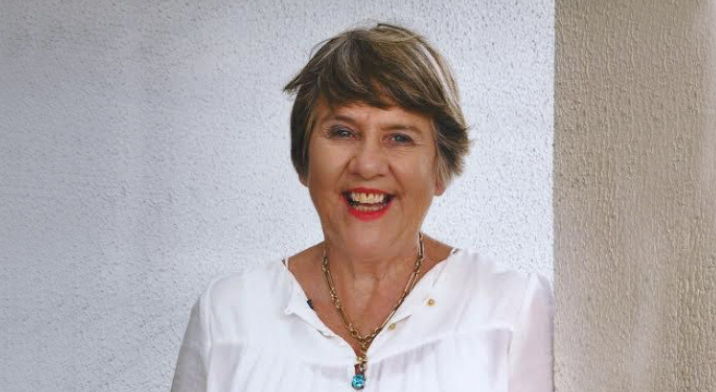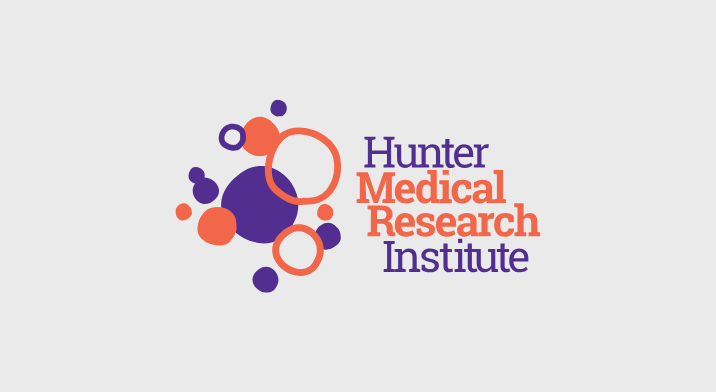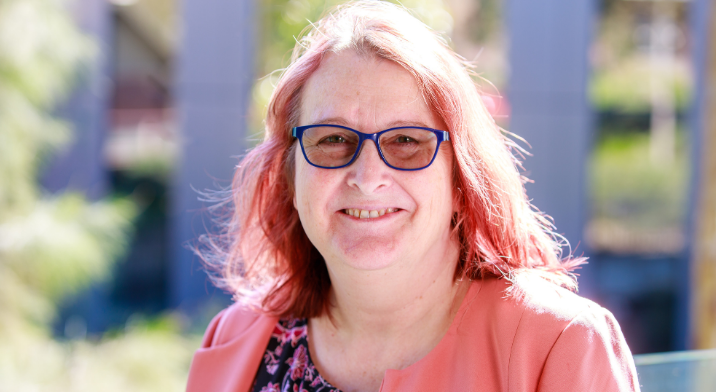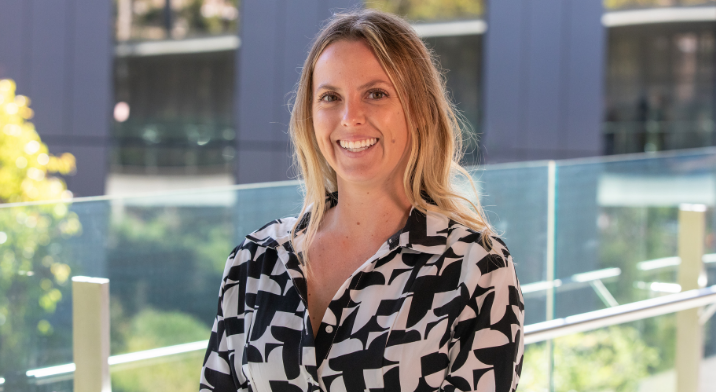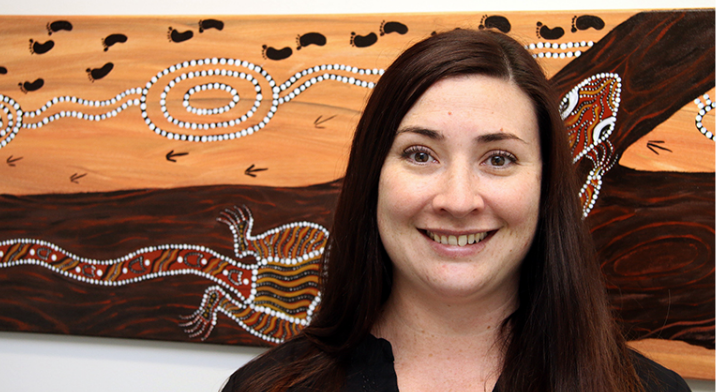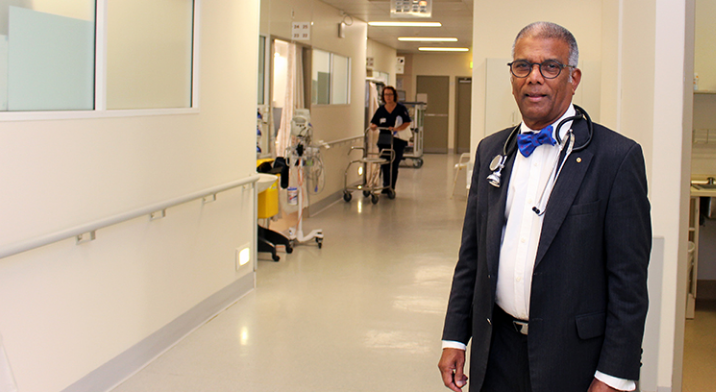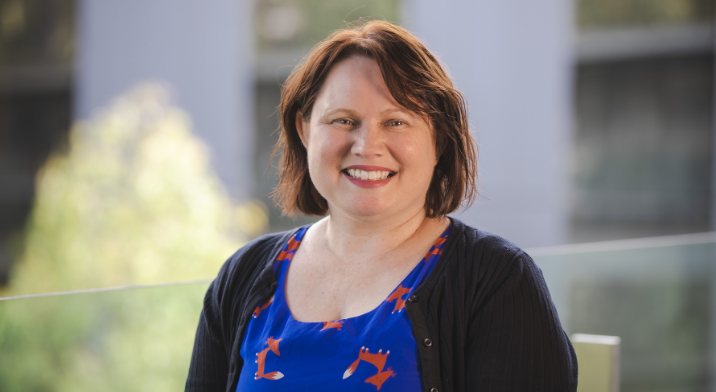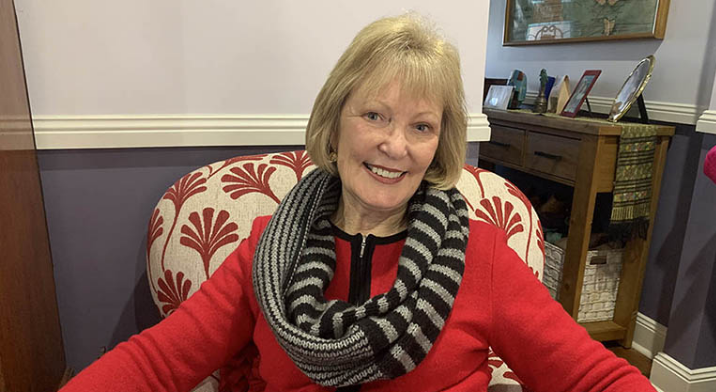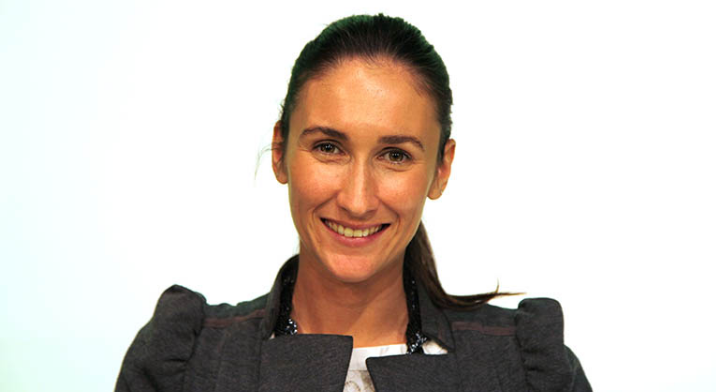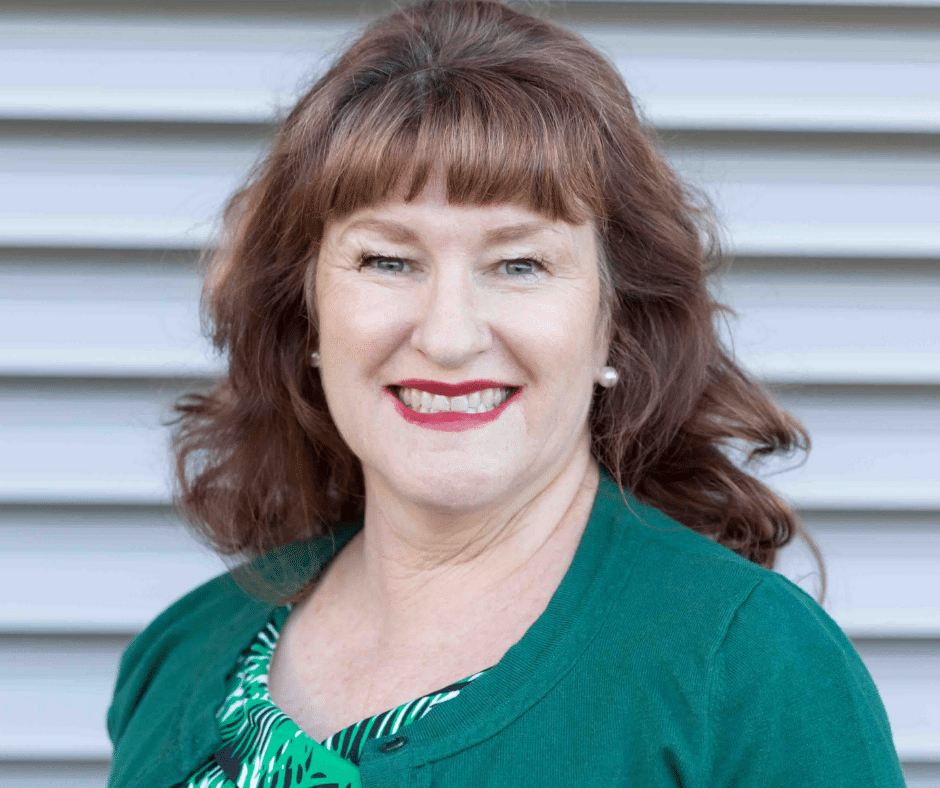Our Women’s Health Research Program undertakes research to improve the health and wellbeing of all women.
Our Women’s Health Research Program undertakes research to improve the health and wellbeing of all women.
We research a range of conditions and challenges faced by women including in the areas of maternal health, sexual and reproductive health, gender health equity, chronic conditions and preventive health, mental health, and violence against women.
When it comes to health and medical research, there is a persistent data gap in women’s health compared to men’s health. Gender bias in research and healthcare can lead to poorer health outcomes for women.
Our program undertakes women’s health research to change this. We’re delivering real-world improvements in the health and wellbeing of women across our nation.
63%
OF AUSTRALIANS LIVING WITH DEMENTIA ARE WOMEN
1 in 4
WOMEN EXPERIENCE VIOLENCE BY AN INTIMATE PARTNER
56%
OF AUSTRALIAN WOMEN HAVE ONE OR MORE OF THE TEN MOST COMMON CHRONIC DISEASES
Source: Australian Institute of Health and Welfare
The vision: optimal health for all women
The Hunter Medical Research Institute (HMRI) Women’s Health Research Program brings together clinical and research expertise to drive impact and improved health outcomes for all women.
The overall aim of the research undertaken by this program is to identify and address key issues in women’s health. Understanding the drivers of poor health across the lifespan requires a multidisciplinary approach.
Our researchers range from early-career researchers to international leaders in women’s health research across diverse disciplines, including:
- medicine
- public health
- gerontology
- nutrition
- epidemiology
- social work
- sociology
- linguistics
- psychology
Over the past 15 years, findings from our Women’s Health researchers have informed numerous government inquiries, roundtables and policy reviews. These findings have also been applied to the development of guidelines and interventions for practice.
Our wide expertise and commitment to collaboration enables us to solve numerous challenges and translate our findings into the real-world.
Our researchers also partner with government organisations for better women’s health.
Generating new knowledge to tackle global problems that affect women and girls
Our program has a wide variety of research projects. Our research focus areas are:

Violence against women
We’re generating new knowledge about the health impact of Violence Against Women (VAW) across the life course.
Prevention of VAW is a key priority of UNFPA and of the UN Sustainable Development Goal number 5. Yet even if goals to eliminate VAW were met today, there would remain a significant proportion of women and girls who had already experienced abuse and violence.
Our goal is to understand the health and health service use impact of VAW across the life course and to identify factors that assist or deter recovery from these experiences.

Worldwide wellness of mothers and babies
Our program aims to generate new knowledge about health services for maternal and infant wellbeing.
In low-middle income nations, the 2015 Millennium Development Goals for reductions in maternal and infant mortality were unmet. In Australia, the gap in maternal and infant mortality and morbidity between Indigenous and non-Indigenous Australians remains unclosed.
Furthermore, health behaviour during pregnancy, particularly alcohol use, remains a significant issue among Australian women. Perinatal mental health is a challenge that significantly affects women having children across the globe.
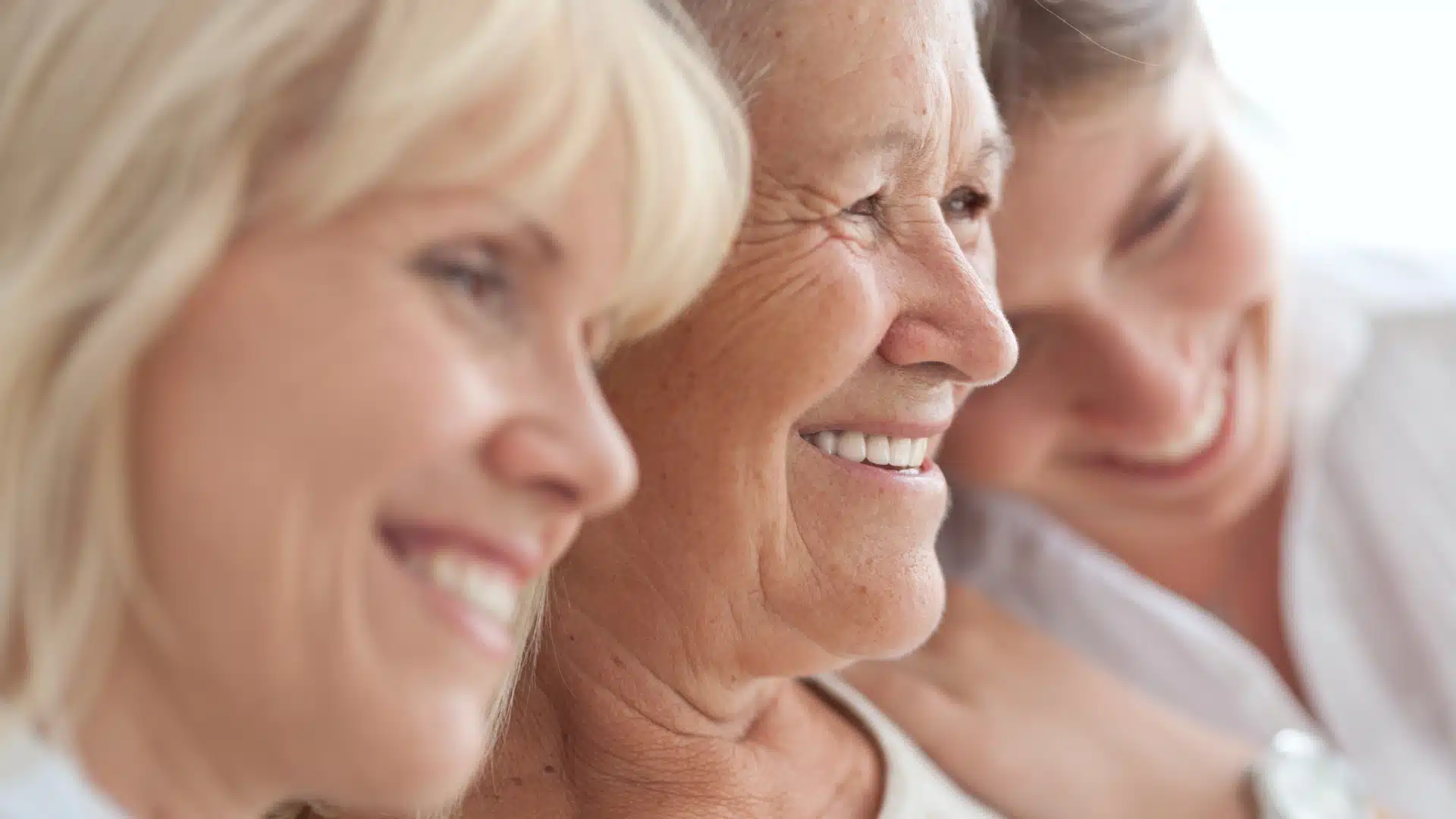
Healthy ageing of women
Our healthy ageing research focuses on how women can age well, with an eye to understanding the factors that influence and promote healthy ageing.
We’re exploring the physical function, physical health and mental health of women in an effort to determine the physical, psychological and social factors associated with optimal physical and mental health of men and women as they age.
Our research also focuses on the role of health services, preventive activities, and treatments in maintaining quality of life for older people.
Home of Australia’s largest and longest running Australian women’s health study
Our Women’s Health Research Program manages the Newcastle-based operations of the Australian Longitudinal Study on Women’s Health (ALSWH).
The ASLWH explores the factors that contribute to the health and wellbeing of over 57,000 Australian women, providing invaluable data about women across the lifespan. These dedicated women have completed regular surveys, provided biological samples and shared information about their health for the last 25 years.
Starting in 1996, the project has been continuously funded by the Federal Department of Health.
This project has enabled collective data to be used as an asset to improve health outcomes. With information covering women aged 18 to 100 years, ALSWH offers the most comprehensive database of information about women’s health in Australia.
